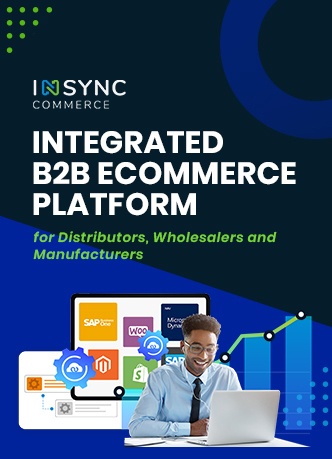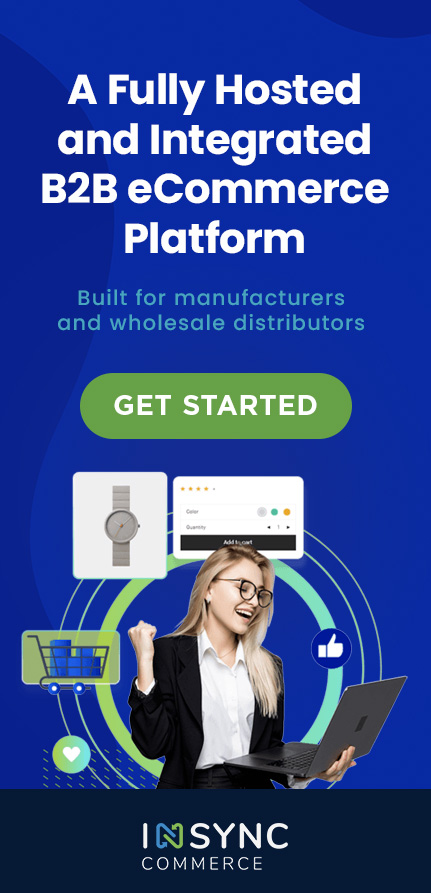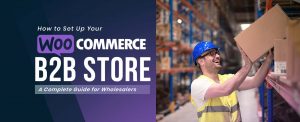Image: FreeDigitalPhotos.net
In Converting Visitor into Buyer on an Online Store – Part 1, we talked about factors that convert a visitor into a buyer. In part-2, we focused on the content that support the product and why it is so important to have very good content for products. In part -3, we discussed ways to generate good content for the product details. In this part, we will discuss approaches to personalization of site and importance of search results.
As we discussed before, here are 2 statistics worth paying attention to:
- Returning consumers convert at higher rates when presented with targeted content that takes into account past purchases or browsing history
- 34% of site visitors use site search as the first activity on a site. 43% of site search users give up after the first try
Also, as we hypothesized before, it is cheaper to convert a visitor into a buyer (and a buyer into a repeat buyer) than attracting a new person to become a visitor. Let’s look at strategies for improving the 2 areas that the above two insights entail: improving personalization of site and improving search results
Personalizing Site
When you go to a regular store (not the impersonal big-box format stores) in your neighborhood, you see people around you, and more importantly, a shop assistant is a hand wave away who can provide you information and product details to cater to your needs (at least in a good store!). If you are a frequent visitor, you know the aisle you want to buy from, and the shop assistant also knows you and tells you about products you might like, based on your previous visits.
In contrast, in an online store, you are all alone, walking along a very long aisle of products, with no one in sight to help you in your shopping, and you may feel ignored. Even when you visit again and again, it is exactly the same experience.
Personalization is one of the ways to create an impression that the shop cares for you and is willing to offer all the help it can. Here are some ways an online store can be personalized:
- If the user is first time visitor, offering a chat with customer support professional will help if done right.
- If the user is a repeat visitor (cookies are used to figure this out), last visit’s behavior can be used to present product selections which are likely to be relevant.
- If the user is registered user (and is currently logged in, sites usually don’t log you out when you close the browser for this reason), the store can address the user by name, present products complimentary to what she already bought, and recommend products aligned with past purchases.
- IP address of the user can be used to customize products further, especially if you offer localized products (for example, selling flowers locally). Also, this information can be used to give location-based offers, like discount of 10% if you are from Jharkhand.
Improving Search Results
Search results quality is dependent on the quality of information and metadata present on your web site. Here are some things to keep in mind when creating data for your online store to ensure good quality search results:
- Product Meta Data – Meta data is data which provides more information about the data. For example, date of last modification is a meta-data about a product description page. Goal should be to create as much metadata as possible. For example, if you sell music CDs, musicbrainz is a great source of metadata information. There will be similar sources of metadata for your type of product.
- Relationship Meta data – Having hyperlinks between pages is the primary connection mechanism on internet. However, for your site, you can create more connections. For example, the fact that your glass bowls are lead-free and good for cooking healthy food can relate to the health videos on your blog at run-time because this information is stored in your database without cluttering all glass item pages with links, and your blog with all these back links.
- Good quality content – This goes without saying, high quality content is the key to good search results. Surfacing it through the search is a function of the tool you use for your search.
A good search engine for your site is also important, so that all the good stuff created can actually be surfaced to the user. Here are some ways to have a good search engine on your site:
- Enterprise Search Solutions – In-site searches are better done using enterprise search solutions. There are many open source solutions available, so you can get solutions at all price points. Apache Lucene and Solr are great options to produce high quality results for your site.
- Google Custom Search – If you can’t have your own search solution, consider using Google’s custom search. Advantage of this is that your users get a consistent interface they are already familiar with, and also Google will do a better job than many other average in-site search solutions.
- Search engine from CMS – Most Content Management Systems offer a simple search facility that can be used, though with limited results.
- Google Advanced Search – A still cheaper solution is to use Advanced Search with site: option.
You are the judge of the quality of results your visitors will expect from you, so choose carefully.
This concludes the series on converting visitors into buyers. We will continue to bring you more topics on store optimization in our forthcoming articles, so stay tuned!










